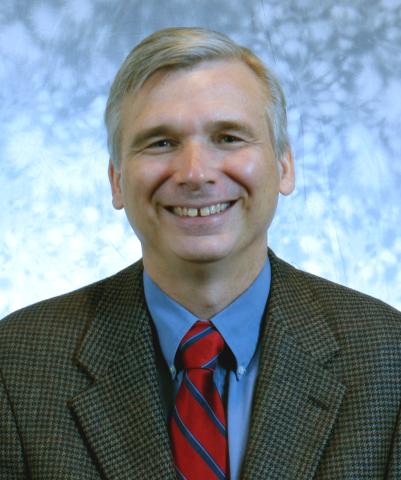Waymond R. Scott has been appointed as the Joseph M. Pettit Professor in the Georgia Tech School of Electrical and Computer Engineering (ECE), effective February 1.
Waymond R. Scott has been appointed as the Joseph M. Pettit Professor in the Georgia Tech School of Electrical and Computer Engineering (ECE), effective February 1.
A three-time Georgia Tech electrical engineering alumnus, Scott has been a member of the ECE faculty since 1986. His research involves the interaction of electromagnetic and elastic fields with materials and spans a broad range of topics, including the measurement of the properties of materials, experimental and numerical modeling, and systems for the detection of buried objects.
Scott has published over 50 refereed journal papers and over 140 conference papers. He has been awarded over $12 million of research funding over the last 15 years from three multi-university research initiatives (MURIs), as well as single investigator projects from the Office of Naval Research, the Army Research Office, the U.S. Army, and the U.S. Army Corps of Engineers.
Scott won the 1986 Andrew Chi Prize Paper Award for the best paper published in the IEEE Transactions on Instrumentation and Measurement, the 2002 Symposium Prize Paper Award for the best paper presented at the IEEE 2001 International Geoscience and Remote Sensing Symposium, and the 2013 EURASIP best paper award for the best paper published in the Signal Processing Journal. His students have won four other best paper awards.
In 2008, Scott was elevated to IEEE Fellow with the citation “for contributions to the detection of buried targets using ground penetrating radar.” His research on landmine detection has received considerable attention from the popular press, including on-air interviews with CNN and NPR, a write-up in the New York Times, and a segment broadcast on Discovery Channel Canada.
Scott was chosen as one of the ten members of the White House task force with a mandate to assess the potential for innovative mine detection technologies, and he has been a program committee member for the SPIE Conference on the Detection and Remediation Technologies for Mines and Mine-like Targets since 2007.
